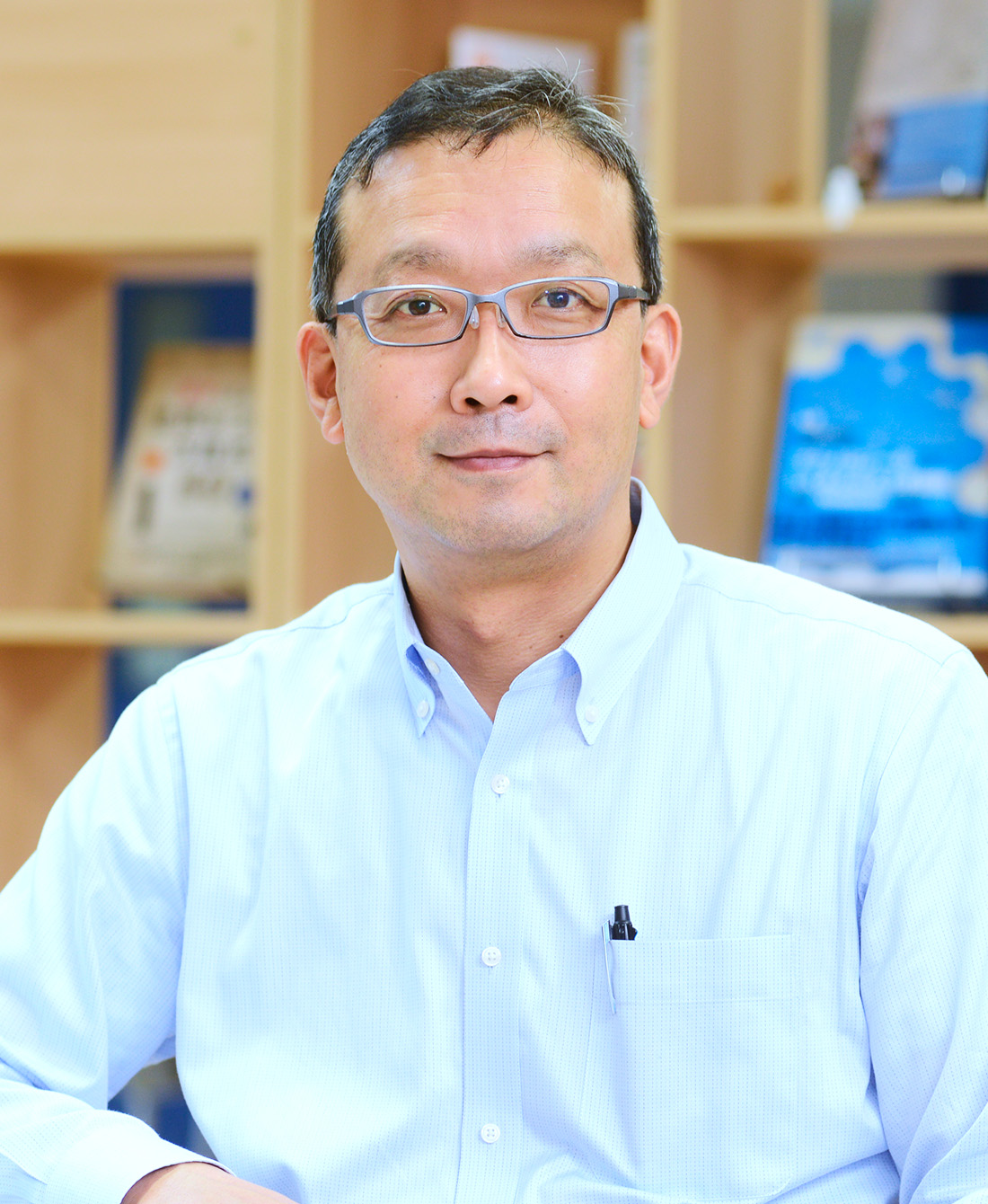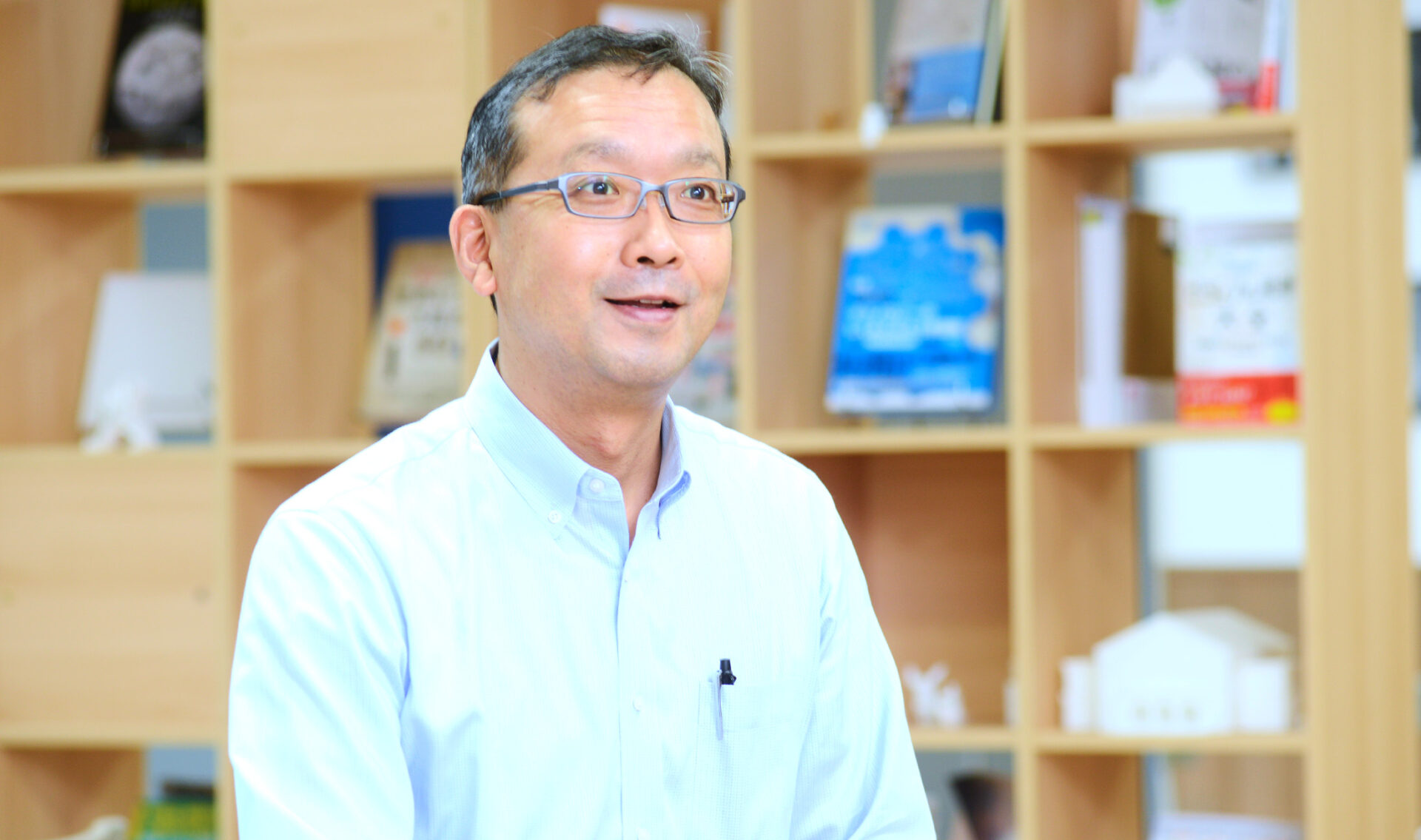FACULTY

NAOHIRO SHICHIJO
Graduate School of Social Data Science/Professor
Field of Study
Science and Technology Policy
Computational Materials Science
Management of Technology
INTERVIEW
Unique Appeal of the Social Data Science Program
The School of Social and Data Science was not developed on the basis of an existing Hitotsubashi University department, but was rather completely planned from the scratch and faculty members were assembled. When gathering faculty members, we thought in advance about what kind of content experts we needed, and then gathered people who matched those specialties. Therefore, although the number of faculty members is not large (18), their fields are extremely diverse, and they cover a wide range of fields within the scope of social data science. In particular, we have many experts in statistics and information, so you may be able to learn data science more broadly and deeply than in the science and engineering departments of other universities.
Innovative education and research encouraged in the Social Data Science Program
The School of Social and Data Science is a group of researchers with different specialties that can collaborate with each other. I have conducted diverse collaborations with different experts in the fields of computational materials science and science and technology policy. However, collaborative research between different organizations has drawbacks in its rapidity and development. In our department and graduate school, collaborative research on a wide range of topics is possible with colleagues, and I would like to take advantage of this environment to develop our joint research. I am particularly interested in the application of neural surrogate models in computational mechanics and large-scale language models in science and technology policy.
CLASS
- (U)Introduction to the Social Data Science 1
- (U)Evidence-based Science and Technology Policy
- (U)Project-Based Learning Reserch F
RESEARCH
Research Website
In the area of science and technology policy, my research theme is the construction of data systems for evidence-based science and technology policy implementation and the application of such systems to extract policy insights. In particular, I am engaged in activities to utilize large-scale data such as academic publications, patents, and news, and to analyze its large scale structure using methods such as bibliometrics and natural language processing in order to understand and predict the direction of scientific development. These activities are supported by the Secretariat for the Promotion of Science, Technology and Innovation, Cabinet Office, Government of Japan, and by the OECD (Organization for Economic Cooperation and Development) MARIAD (Expert Group on the Management and Analysis of R&D and Innovation Administrative Data). In the area of computational materials science, I am developing quality assurance techniques incorporating computational science methods for ceramics matrix composites (CMCs), which are being increasingly adopted as high-temperature structural materials for jet engine hot parts, in collaboration with Japanese major heavy industry companies.
Keywords
- Science and technology policy
- evidence-based science and technology policy
- arge-scale language models
- bibliometrics
- scientometrics
- innovation research
- management of technology
- foresight and scenario planning
- computational materials science
- CMC
- composite materials science
- computational mechanics
- neural surrogate models
- finite element method (FEM)
- extended finite element method (X-FEM)


